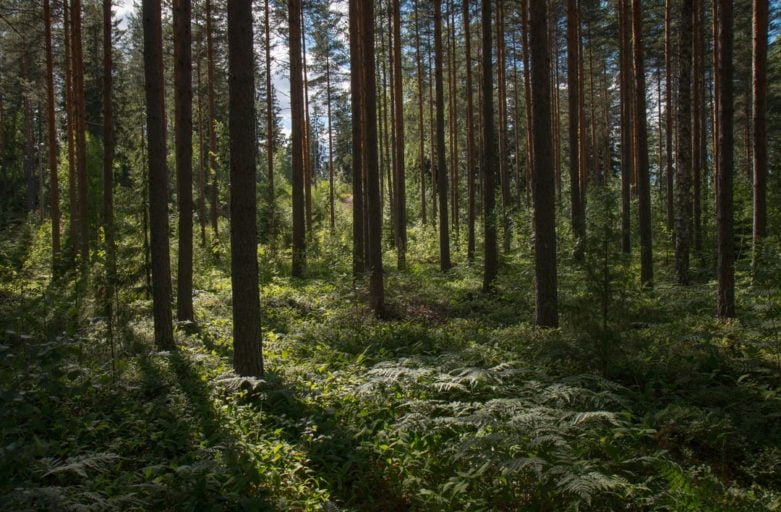
October 9, 2020
In 2019, the Assembly of Nova Scotia Mi’kmaw Chiefs (Assembly) began work, in partnership with the Province of Nova Scotia and Government of Canada, to pursue Indigenous Protected and Conserved Areas (IPCAs) in Nova Scotia. This was in direct response to the Indigenous Circle of Expert’s report – We Rise Together – recognising that Indigenous people need to take a leadership role in protecting places within their territories that are essential to their Nation, and secure and manage places where they can actively practice their spirituality and culture.
“We are pleased that work is now well underway on this very important project,” said Chief Sidney Peters, Co-Chair for the Assembly of Nova Scotia Mi’kmaw Chiefs. “The Mi’kmaq have lived on, and been stewards of, the lands of Mi’kma’ki since time immemorial. These lands and its resources are an intrinsic part of our culture, well-being and world view.”
Mi’kmaw organizations like Kwilmu’kw Maw-klusuaqn Negotiation Office, Unama’ki Institute of Natural Resources, Confederacy of Mainland Mi’kmaq and Eskasoni Fish and Wildlife Commission, are supporting the Assembly in this important work, looking particularly, at lands and resources that are sacred to Mi’kmaw spirituality, history and culture. Outreach has already begun in Mi’kmaw communities and with Nova Scotia landowners to discuss how we can work together on long-term conservation goals. A Mi’kmaq Land Trust is also being developed to acquire and conserve lands.
“We must be part of the process and share the responsibility for the protection and conservation of lands that have been of cultural significance to the Mi’kmaq,” continued Chief Peters. “It’s important for everyone to know and understand that this work isn’t about land ownership, it’s about land stewardship.”
Over the past decade, the Mi’kmaq of Nova Scotia, through consultation and partnership, have worked with the Province to identify, preserve and protect lands of significance in the Protected Areas 13% Project, and again, with Canada to identify and protect 17% of their lands for ecological and heritage values. The Assembly sees IPCAs as the clear next step to conserving land and water for current and future generations.

